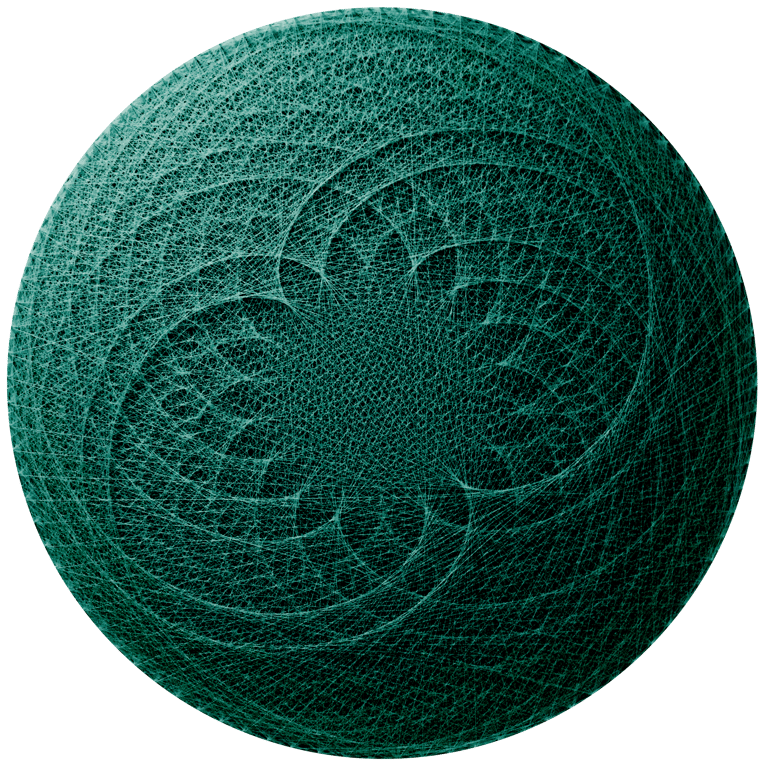Exploring the Fast Track to Inner Dialogue through Assisted Psychedelic Therapy!
Psykedelisk renessanse på Netflix Se serien >>


In recent years, there has been a notable resurgence in interest surrounding the therapeutic potential of psychedelics. Amidst this resurgence, one concept that has gained significant traction is the idea of utilizing psychedelics as a fast track to inner dialogue within a therapeutic context. This approach involves administering carefully measured doses of psychedelics, such as psilocybin or MDMA, under controlled conditions to facilitate profound introspection and emotional processing.
At the heart of this approach lies the recognition that traditional talk therapy methods may sometimes struggle to penetrate deeply ingrained patterns of thought and behavior. For individuals grappling with issues like trauma, depression, or addiction, breaking through these barriers can be essential for meaningful progress. Here, the use of psychedelics offers a unique opportunity to bypass the conscious mind's defenses and access the subconscious realms where unresolved emotions and memories reside.
Central to the success of this fast track to inner dialogue is the establishment of a supportive and secure therapeutic environment. Unlike recreational use, which often occurs in uncontrolled settings, therapeutic sessions with psychedelics are conducted in carefully controlled settings with trained therapists present throughout. These therapists serve as guides, helping individuals navigate their inner landscapes and integrate their experiences into tangible insights and behavioral changes.
The experience of ingesting a therapeutic dose of psychedelics can be profoundly transformative. As the substances take effect, individuals may undergo a range of experiences, from vivid visual imagery to deep emotional release. For many, this altered state of consciousness allows them to perceive their thoughts, emotions, and memories from a new perspective, unencumbered by the usual filters of the conscious mind.
Crucially, the fast track to inner dialogue facilitated by psychedelics is not a panacea or a quick fix. Rather, it serves as a catalyst for deeper therapeutic work, amplifying the effectiveness of traditional therapeutic techniques. In the aftermath of a psychedelic experience, individuals often report heightened levels of insight, emotional openness, and a newfound sense of connection to themselves and others.
Research into the therapeutic potential of psychedelics has yielded promising results across a range of mental health conditions. Studies have shown significant reductions in symptoms of depression, anxiety, and PTSD following psychedelic-assisted therapy. Moreover, many participants describe their experiences with psychedelics as among the most meaningful and transformative of their lives.
However, the integration of psychedelics into mainstream mental health care is not without its challenges. Legal and regulatory barriers, stigma, and concerns about safety and misuse pose significant obstacles to widespread adoption. Nonetheless, a growing body of evidence and a groundswell of public support suggest that psychedelics may soon become a valuable tool in the therapist's toolkit.
In conclusion, the fast track to inner dialogue through therapeutic dose psychedelics represents a promising frontier in mental health treatment. By harnessing the profound therapeutic potential of these substances within a supportive therapeutic framework, individuals can embark on a journey of self-discovery and healing unlike any other. As research continues to advance and attitudes evolve, the integration of psychedelics into mainstream therapy has the potential to revolutionize the way we approach mental health care.

